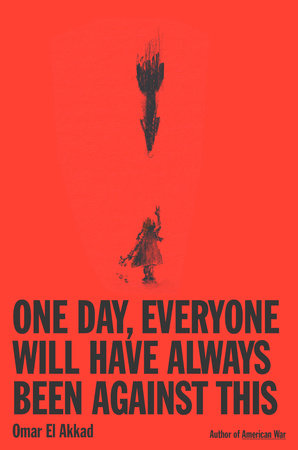More on this book
Community
Kindle Notes & Highlights
Read between
September 24 - November 8, 2025
Because it is the middle of the empire that must look upon this and say: Yes, this is tragic, but necessary, because the alternative is barbarism. The alternative to the countless killed and maimed and orphaned and left without home without school without hospital and the screaming from under the rubble and the corpses disposed of by vultures and dogs and the days-old babies left to scream and starve, is barbarism.
The dead dig wells in the living.
It is a hallmark of failing societies, I’ve learned, this requirement that one always be in possession of a valid reason to exist.
Rules, conventions, morals, reality itself: all exist so long as their existence is convenient to the preservation of power. Otherwise, they, like all else, are expendable.
Whose nonexistence is necessary to the self-conception of this place, and how uncontrollable is the rage whenever that nonexistence is violated?
Western liberalism is—and I have no useful definition of it beyond something at its core transactional, centered on the magnanimous, enlightened image of the self and the dissonant belief that empathizing with the plight of the faraway oppressed is compatible with benefiting from the systems that oppress them—it
there comes a moment of complete and completely emptying disgust when it is revealed there is only a hollow. A completely malleable thing whose primary use is not the opposition of evil or administration of justice but the preservation of existing power.
The afflicted don’t need comforting, they need what the comfortable have always had. —
That the entire edifice of equality under law and process, of fair treatment, could just as easily be set aside to reward those who belong as to punish those who don’t. A hard ceiling for some, no floor for others.
Whatever the quality of its rhetoric, any politics that buckles at the prospect of even mildly inconveniencing the rich, or resisting an ally’s genocidal intentions, will always face an uphill battle against a politics that actively embraces malice.
The moral component of history, the most necessary component, is simply a single question, asked over and over again: When it mattered, who sided with justice and who sided with power? What makes moments such as this one so dangerous, so clarifying, is that one way or another everyone is forced to answer.

